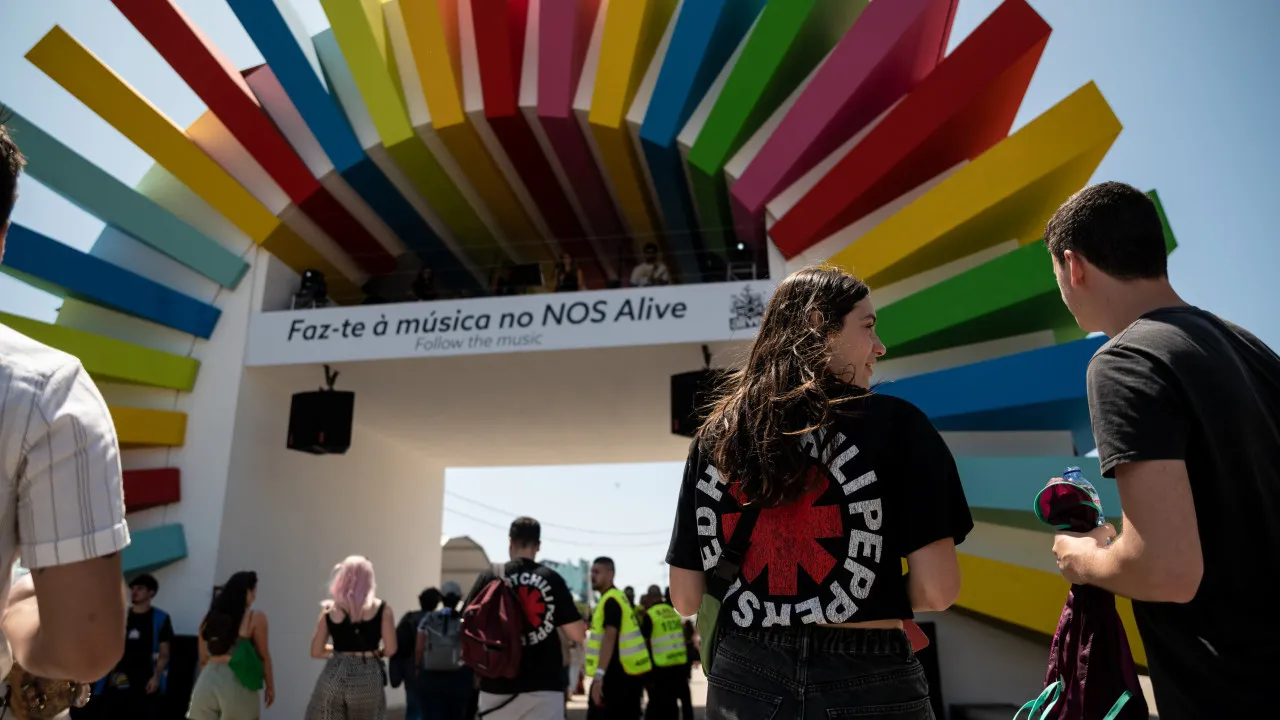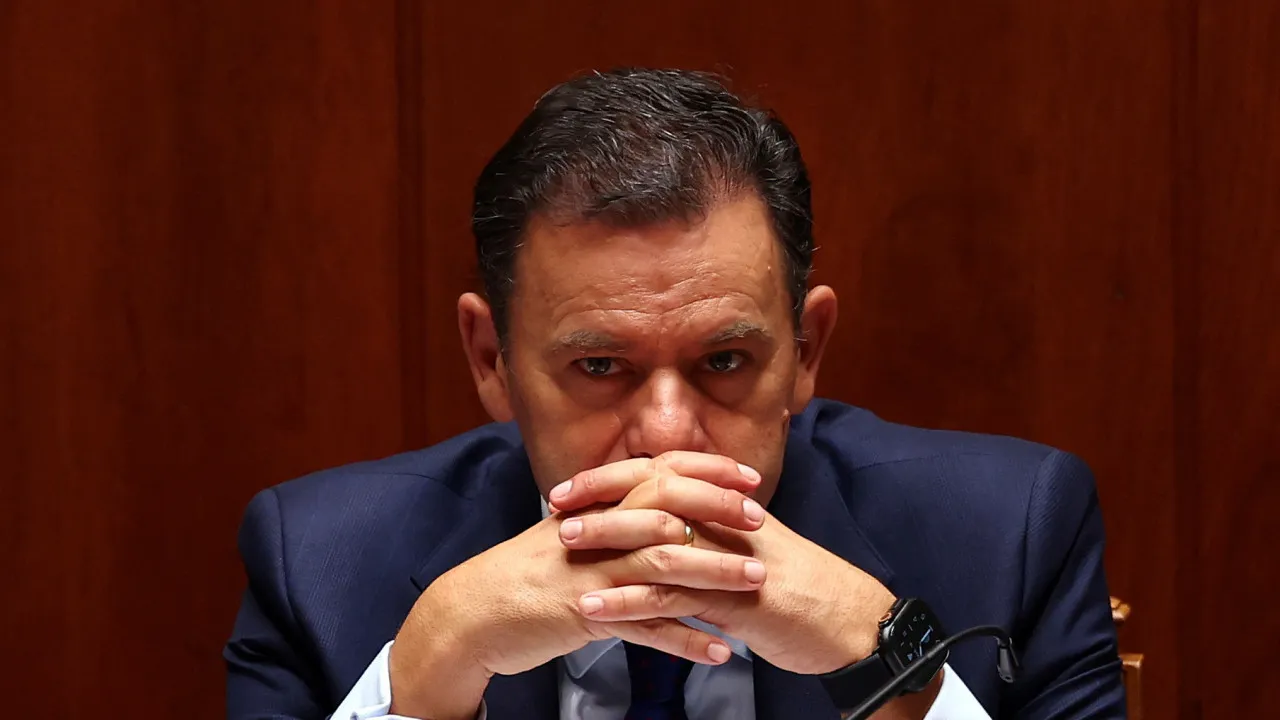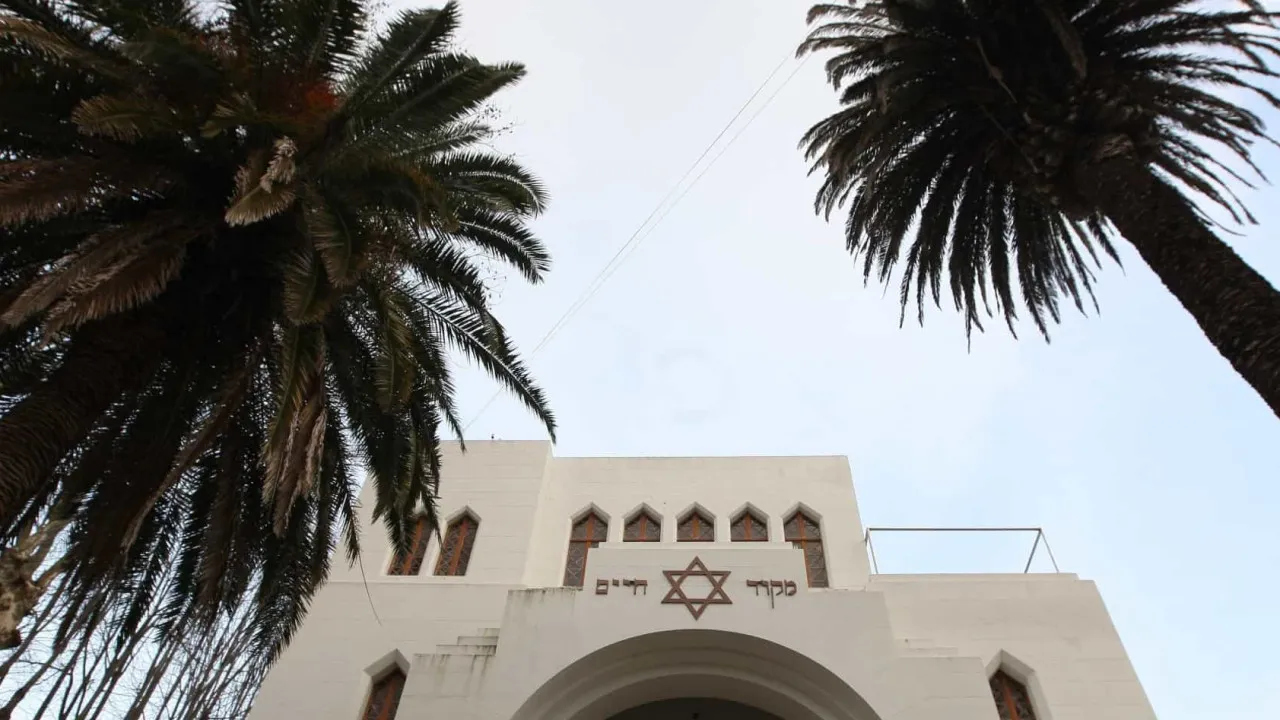André Ventura, leader of the Chega party, emphasized on Monday that Portugal is facing a demographic inversion issue, claiming it is difficult to find names like “André, João, or Maria” on school student lists. This statement follows Chega deputies naming minor immigrants during a debate in the Assembleia da República (AR) on Friday, which other parties criticized as “hate speech.”
“When we look at school names and can’t find an André, João, Maria, Joana, Pedro, then there’s a problem. This means there’s a demographic inversion,” Ventura stated during the presentation of Chega’s municipal candidates in Coimbra.
He went further, saying he doesn’t understand why immigrant children’s names cannot be mentioned in Parliament.
“Oh, you can’t say names in Parliament. I never saw them concerned about the children’s names or the children themselves when, in miserable and shameful LGBT events, they used them for cultural propaganda of what they believe in and what they tried to destroy: families and family values,” he exclaimed.
He added, “This country is very funny. If these names are pointed out to say there’s a problem, we have to correct it; the expression ‘cai o Carmo e a Trindade’ applies, we have to file lawsuits, and imprison them. But if they’re used for leftist propaganda and to defend destructive values portrayed by the Left, then using children is not an issue.”
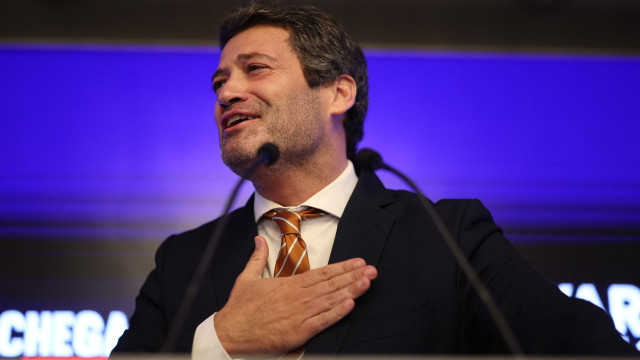
André Ventura, president of Chega, reiterated today that Portugal is grappling with demographic inversion when no João, Maria, or Pedro’s names appear in schools.
Pedro Duarte, who is running for mayor of Porto for the Social Democratic Party (PSD) and a former Minister of Parliamentary Affairs, expressed on Sunday that he was “shocked by the lack of empathy” shown by Chega deputies, calling the situation “very serious.”
“I’m shocked by the lack of empathy and this rush towards populism and demagoguery, possibly making these people forget all their values and principles, which I still believe they profess. But it really has no limits. This is absolutely unacceptable, it’s indefensible,” he said during his commentary spot ‘Princípio da Incerteza’ on CNN Portugal.
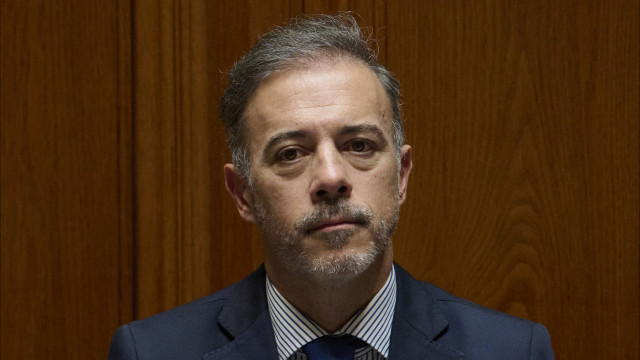
Pedro Duarte expressed being “shocked” and described André Ventura’s actions as “indefensible” after the Chega leader listed names of foreign children—studying at a school in Lisbon—during parliamentary discussions on changes to nationality and immigration laws.
Alexandra Leitão, the Socialist Party (PS) candidate for the Lisbon City Council presidency, argued that the “episode exceeded what is acceptable in a democracy.”
“What happened yesterday [Friday] in the Assembleia da República shouldn’t have happened. Chega used children’s names in a political debate, exceeding what’s acceptable in a democracy. Instrumentalizing minors to fuel hate speech is shameful, inhumane, and dangerous,” she wrote on X (Twitter).
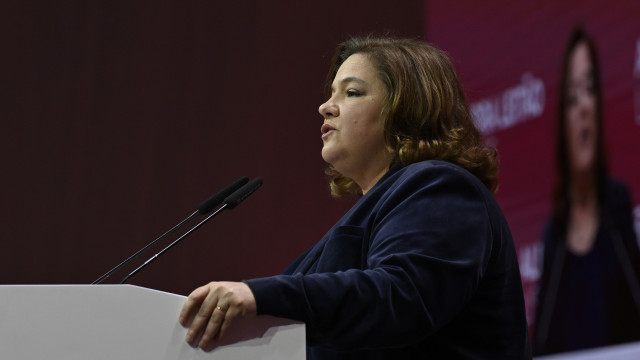
Alexandra Leitão criticized Chega leader André Ventura for citing minor students’ names in Parliament, discussing their instrumentalization “to fuel hate speech.”
Isabel Moreira, another socialist, condemned Chega, stating that “all children named are now less secure.”
“It’s monstrous. Yes, it’s a hate crime. Complicity with Chega is a choice. I would like to see consequences in Parliament, hear from the President, and want justice to act,” she wrote on X.
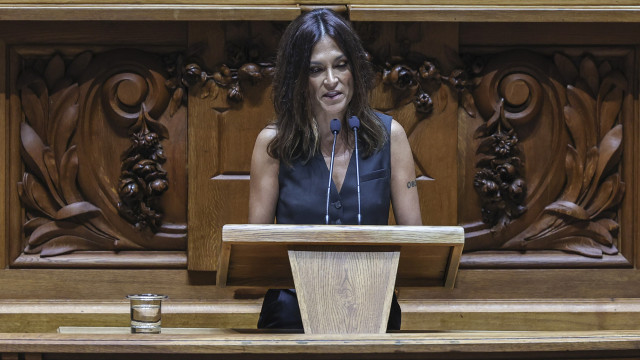
Isabel Moreira condemned Chega for naming children in Parliament last week during discussions on nationality and immigration law changes. She stated she would like to “hear from the President” and “wants justice to act.”
The Livre party rejected “divisions,” arguing that “a name isn’t a label.”
No Parlamento e no recreio, no trabalho e na vida, o LIVRE não aceita divisões. Um nome não é um rótulo. É o que nos aproxima uns dos outros, e nunca pode servir para o discurso de ódio.
Portugal é de todas as pessoas. Com todos os nomes.#PartidoLIVRE #LIVRENaAR #Parlamento pic.twitter.com/mTa3nUgWBK
— LIVRE (@LIVREpt) July 4, 2025
The PAN criticized that “be it at home, in the streets, or at schools, even children are not exempt from Chega’s prejudice and hate speech.”
Seja em casa, nas ruas ou nas escolas, nem as crianças fogem ao preconceito e discurso de ódio do Chega. pic.twitter.com/0d4TaL1iDu
— PAN (@Partido_PAN) July 7, 2025
Meanwhile, Mariana Mortágua from the Left Bloc (BE) also noted that “attacking those who came to work in Portugal is opportunism, but attacking children is an act of dehumanization, attacking our Constitution and its values.”
Atacar quem veio para Portugal trabalhar é oportunismo. Mas atacar as crianças é um ato de desumanização, que ataca a nossa Constituição e os seus valores. pic.twitter.com/4jLNqyGjxs
— mariana mortágua (@MRMortagua) July 4, 2025
The situation, which began on the social network X, where MP Rita Matias listed names of children from a “list of students at a Portuguese school,” escalated when the party leader repeated the act in Parliament, leading to condemnation from Left-wing benches.
“These gentlemen are zero Portuguese, and it’s your fault schools are like this today,” he remarked at the time.
Remember that the Government’s proposed amendments to nationality and immigration legislation were sent to the specialty phase without a general vote on Friday, along with Chega’s projects on the same subjects.
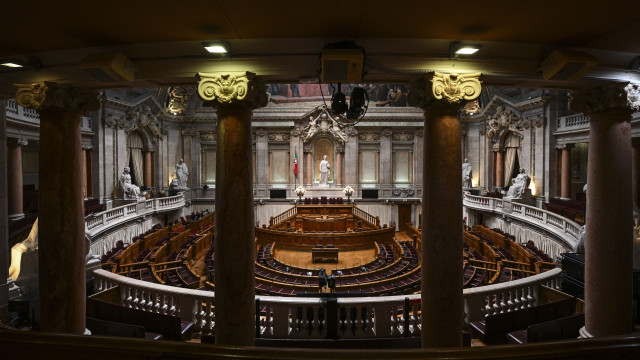
Keep up with the plenary session aiming to discuss the Government’s proposals regarding the Nationality Law.
The Government’s proposed changes to the nationality diploma, now to be discussed in committee, aim to increase the required residency period in Portugal for citizenship acquisition (from five to seven or ten years, depending on whether one is a Lusophone or non-Lusophone citizen).
The Government also foresees the possibility of losing nationality for those naturalized for less than ten years and sentenced to effective imprisonment of five years or more for serious crimes. For the attribution of original nationality to descendants of foreign residents in Portugal, a legal residency period of three years is now required.
Chega’s legislative proposal, also referred to the specialty, suggests “loss of nationality acquired through naturalization, or when an individual has dual nationality, if they perform acts that seriously undermine sovereignty, national security, or the essential principles of the Rule of Law.”

